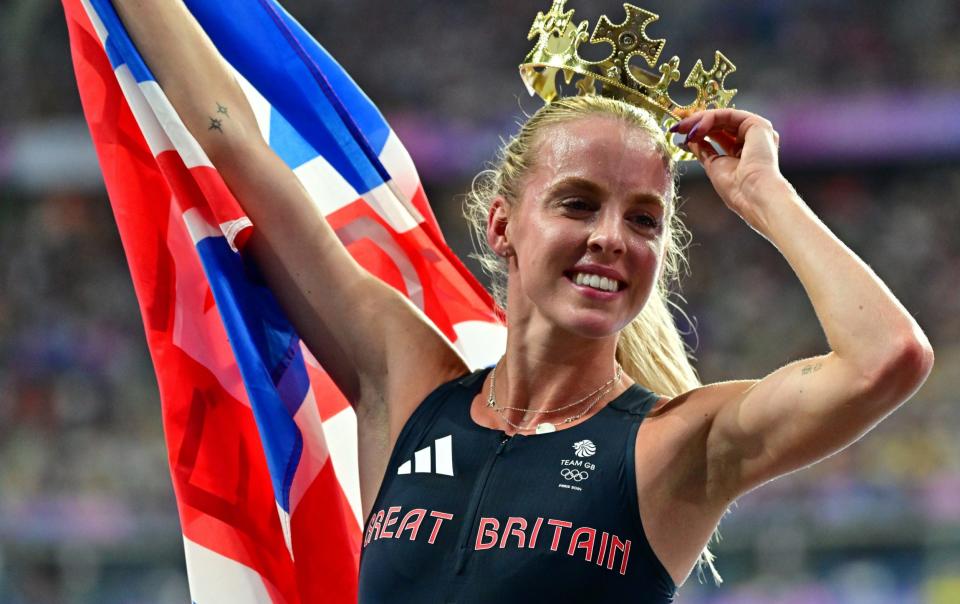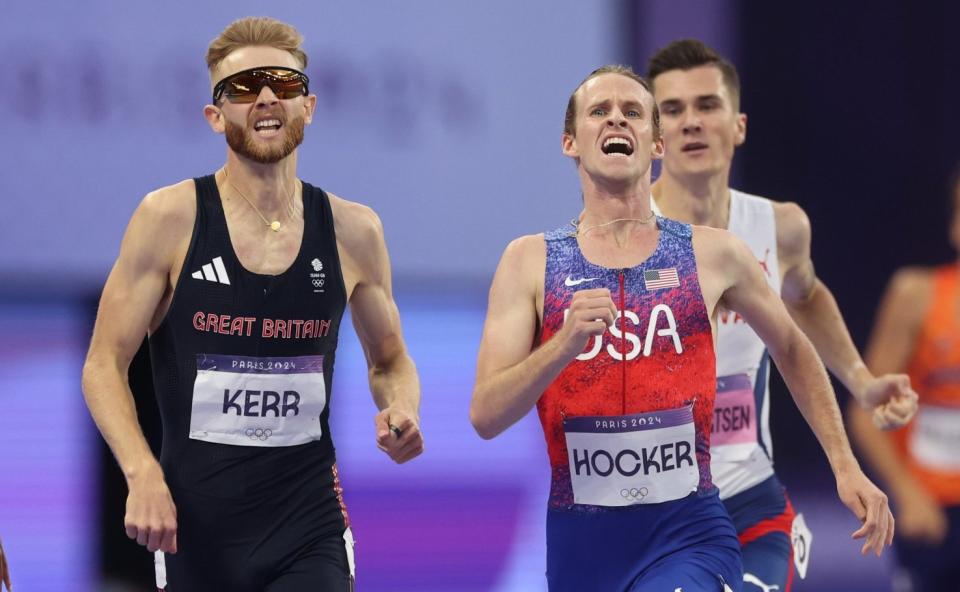Table of Contents
Great Britain won two bronze medals on the final day of Paris 2024 to surpass their haul from the previous Olympics in Tokyo, with at least one of their athletes making the podium on every day of the Games.
After a closely contested medal battle, several trends can be identified from the final positions and one key question can be answered…
Have the British team had a successful Games?
In short, yes. Having won 64 medals in Tokyo, 67 at Rio 2016 (the most for Britain since 1908) and 65 at London 2012, finishing in the top four in the medal table on each occasion, Team GB’s total of 65 medals in Paris is a success in some ways.
But it is not all good news. The British team has lost out on golds compared with previous Games, and this year has won enough to put it only in seventh place, behind the United States, China, Japan, France, Australia and the Netherlands. If Britain’s performance is viewed purely in terms of golds, as the medal table does, they have experienced something of a slump. The 14 they won in Paris are their fewest since Athens 2004, down from 22 in Tokyo, 27 in Rio, 29 in London and 19 in Beijing.
However, the real indicator of Team GB’s success goes beyond the medal tally. At a time when more and more attention is being paid to the mental health and wellbeing of athletes, Team GB have relaxed their “win at all costs” mentality in recent years, which may be one of the reasons behind its gold deficit.
GB makes history with daily success
More British athletes than ever before won medals in more sports than ever before, but perhaps the greatest achievement in Paris was that the British team won at least one medal on every day of the Games for the first time.
The medals were evenly distributed: 33 were won in the first eight days of the Olympics and 32 in the second eight, although the “gold rush” came early, with 10 of the 14 medals won in the first half of the Games. There was a noticeable drop as the swimming and rowing events came to an end.
The medal table does not meet expectations
UK Sport had predicted that a record haul of up to 70 medals was a realistic target, but the British team fell slightly short.
Sports data firm Gracenote predicted they would finish third in the table with 63 medals, made up of 17 gold, 20 silver and 26 bronze, which is not far off their actual tally (14 gold, 22 silver, 29 bronze).
He also predicted that the United States will win the most medals overall (112), with its battle against China being decided in the final event of the Games. The women’s basketball team won gold by defeating France by one point.This meant the two Olympic superpowers finished tied on 44 golds, with the United States overtaking China for the top spot by virtue of having more silver medals (44) than their rivals (27).
France was expected to finish fourth with 27 golds, but the host country did not enjoy the gold medal race it had hoped for and ended up with 16.
Eliminating the best sport produces similar results
Even if each nation’s most dominant sport were removed, China and the United States would still occupy the top two spots in the table.
China swept the board in table tennis and diving, making history in the latter sport as the most successful country in history by winning all eight gold medals. Even without its haul in diving, China would overtake the United States to top the medal table with 32 golds.
The United States dominated track and field with 34 medals in all, its most since winning 40 at the 1984 Los Angeles Olympics. It still won 25 gold medals in other sports, which would be enough to retain second place.

Without France’s most successful sport, swimming, the hosts would overtake Japan (if their eight wrestling golds were taken away) and Australia (which would lose seven swimming golds) into third place, with the latter two falling to fifth and fourth respectively.
The British team, whose most prolific sport was rowing (three golds, two silvers, three bronze), would move up one place to sixth without him, although they did win more medals overall in cycling (11) and athletics (10).
Medal table if the EU competed as a single nation
One of the least talked about medals. But after Britain’s success in Tokyo was compared to that of its European rivals in 2021, Guy Verhofstadt, the European Parliament’s former Brexit chief, He suggested that the European Union should lead the medal table.
Three years ago, Great Britain finished eight golds clear of its nearest European rival in Germany, but the same cannot be said this time around, with France and the Netherlands having won more golds. If all EU countries had taken part in Paris together, they would have topped the medal table with 305 medals (92 gold, 94 silver and 119 bronze).

